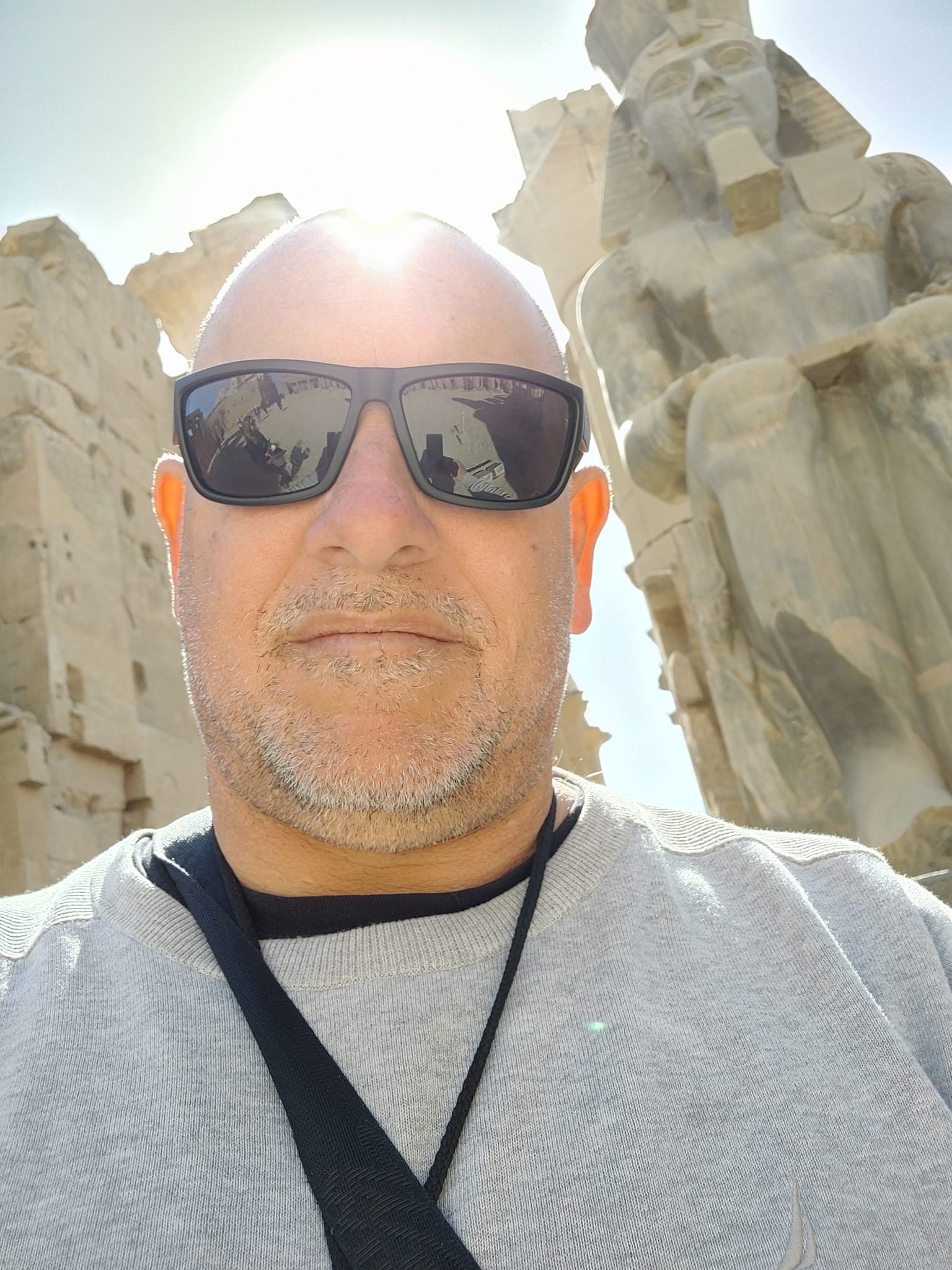Fact check: A Quick Look
-
Charlie Kirk said that he does not recognize the State of Palestine. Wikipedia
-
“Palestine” under the British Mandate was a formal political entity; people living there (Jews, Arabs) had Palestinian passports. Golda Meir (born in 1898, emigrated to Palestine under the British Mandate in 1921 from Ukraine) carried a Palestinian passport under that mandate. Wikipedia+2Middle East Monitor+2
Now let’s dive into to more details and see if his statement “Palestine Doesn’t Exist” has is true! And why he said tried to sell it.

When Charlie Kirk claimed “Palestine doesn’t exist,” it sounded like a mic-drop line. In one clip, he said flatly: “It’s not called Palestine… Show me where it is.”1 That sort of denial has rhetorical punch, but when you check the record, the claim falls apart.
This isn’t about opinion. It’s about history, documents, and global recognition. So let’s break it down.
1. What the British Mandate Shows
It’s true that Palestine wasn’t a sovereign state in the modern sense before 1948. It was a League of Nations Mandate, administered by Britain.
But here’s the crucial fact: the territory was legally named Palestine. From 1920 to 1948, the British issued Palestine passports to residents—both Arabs and Jews.2
“From ’21 until ’48, I carried a Palestinian passport.”3
So Kirk can debate sovereignty all day, but he cannot erase the legal existence of Palestine as a named territory with official documentation. Denying it is like denying that “India” existed before independence because the British administered it.
2. What Golda Meir Really Said
Critics may counter with Golda Meir’s famous 1969 line: “There was no such thing as Palestinians.”4 And yes—she did say that, denying Palestinian nationhood as distinct from broader Arab identity.
But here’s the key distinction:
- Meir was denying national identity (a political stance).
- She still acknowledged the territory and passport (a legal fact).
That’s the difference Kirk erases. You can argue about identity. You can’t erase the paperwork.
For the record, Ukrainian born Palestinian immigrant Golda Meir was prime minister of Israel from 1969 to 1974

3. What the World Recognizes Today
Fast-forward to now. Whether Kirk recognizes it or not:
- 147 UN member states formally recognize the State of Palestine.5
- In May 2024, the UN General Assembly voted 142–10 to back Palestine’s full membership and reaffirm the two-state solution.6
- Countries like Spain, Ireland, and Norway joined the list of formal recognizers in 2024.7
The U.S. and Israel may refuse recognition, but globally, Kirk’s denial is a fringe position. The debate isn’t whether Palestine exists—it’s how to resolve its sovereignty and borders.
4. Why the Denial Matters
Why does Kirk use the line “Palestine doesn’t exist”? Because it serves a purpose:
- It shifts the debate from occupation, rights, and humanitarian law to semantics.
- It delegitimizes Palestinian claims before the discussion even begins.
- It signals allegiance to ideological and donor networks that reject Palestinian statehood.
It’s not an innocent misunderstanding. It’s a rhetorical strategy.
5. Follow the Money (What Can Actually Be Proven)
Turning Point USA (TPUSA), Kirk’s nonprofit, grew into a fundraising powerhouse. Public filings confirm:
- DonorsTrust, a major conservative donor fund, gave $1.2M to TPUSA in 2023.8
- Other backers named in investigative databases include the Uihlein Family Foundation and the Wellspring Committee—donors who also fund groups with strongly pro-Israel stances.9
- The Bradley Foundation network likewise supports TPUSA and other organizations advancing hard-line conservative messaging.10
To be clear: these filings don’t prove that donors scripted Kirk’s lines. But they do show that his organization is deeply tied to a funding ecosystem that aligns with pro-Israel, anti-Palestinian positions. That context matters.
6. The Concession and the Rebuttal
Critics will say: “Palestinian passports were just British Mandate documents. That doesn’t prove a sovereign state existed.”
Correct. Palestine was not an independent nation-state pre-1948.
But here’s the rebuttal:
- The existence of the territory and passports proves Kirk’s claim is false. Palestine did exist as a legally recognized entity, regardless of its sovereign status.
- And today, more than 140 countries recognize it as a state.
Denying both past and present recognition isn’t honest debate—it’s erasure.
7. The Bottom Line
Three truths survive scrutiny:
- Palestine existed as a legal territory from 1920–1948, issuing passports.
- Palestinians exist as a people, whether one approves of their politics or not.
- The majority of the world recognizes Palestine as a state today.
If one’s position requires denying all three, the problem isn’t the map. It’s the worldview.
Charlie Kirk’s line may have sounded forceful on stage, but under the weight of history, law, and diplomacy it collapses.
The real question is why he leaned on this tired trope.
- Was he simply a 31-year-old lacking any serious grounding in world history, repeating slogans out of ignorance?
- Was he a willing mouthpiece for Zionist interests, echoing the lines expected of him?
- Or was he a true believer in American Evangelical end-times theology—the kind rooted in the Schofield Bible tradition—that frames the erasure of Palestinians as part of a divine plan?

My Opinion
For me, it’s not clear what Charlie Kirk’s real beliefs truly were. He could have been just another Zionist mouthpiece shilling for powerful interests. He could have been simply uninformed, repeating talking points without any real understanding. Or he could have been a genuine zealot driven by ideology. I don’t know enough about him personally to make that final judgment—yet.
But here’s the test I would propose:
If he were alive today, I would invite him to Gaza. Not to a debate stage or a TV studio, but into the streets and refugee camps where people are struggling to survive. I would ask him to meet families who have lost loved ones—over 80,000 during this year’s bombardments alone. To sit with Palestinians who are hungry, displaced, and grieving. To hear their stories directly, not filtered through Fox News or sound bites, but from human beings themselves.
Only then could his arguments be “battle-tested.” Because until you look real people in the eye, arguments from 10,000 miles away are nothing more than rhetorical hand grenades.
If after that experience he still insisted that Palestinians and their thousands of years of culture and identity “do not exist,” then at least we would know we’re dealing with someone who has chosen to abandon empathy and humanity altogether. At that point, we could call it what it is: predator logic, stripped bare of excuses.
I once had a conversation with an American Evangelical Christian friend who told me it was acceptable for Israel to exterminate Palestinians—because, in his words, “God wants it.” I responded: Come with me to Gaza. Meet the human beings you say God has marked for death. Look into their eyes before you repeat that claim.
He refused. He admitted I was challenging his beliefs, and he didn’t want them challenged. He chose to remain in his comfortable illusion, because going there would force him to confront the truth: that his position would make him complicit in a system where human beings are reduced to targets. It’s easy to hurl moral grenades from a safe distance. It’s harder to stand face-to-face with the people you condemn and pull the trigger yourself.
That’s the difference between rhetoric and reality. And that’s why I say:
If you want to deny Palestine, at least have the courage to first meet the people whose existence you’re erasing.
Sadly, I will never be able to test Charlie Kirk for validity. He’s gone now. But his ideas are implanted in millions of US young Americans. And so his ideas will live on with these young people and so everyone will need to deal with it in their own way and decide if he was their MLK and Gandhi or just another profiteer.
Takeaway: The debate about Palestine’s future is legitimate. Pretending Palestine “doesn’t exist” is not. That’s rhetoric, not reality. But in reality, this is about colonialism and human greed. It’s not new. It’s just here still here with all us monsters who look the other way and throw hand grenades from 10,000 miles away pretending we are noble decent people. It’s always better to deal with people that are upfront about their psychopathy. Just say you want to exterminate millions for your cause. That’s honest.
Colonialism has a long history. You would NOT be the first psychopath. Heck, Christopher Columbus murdered, maimed and tortured thousands in Gods before Spain took him back and put this psychotic in jail. Colonialism is real.
So the question should be is physical land theft and resource stealing still necessary in 2025. USA and Israel definitely think it is. China? Nope! They colonize using the new way….global trade and economic colonization. In my view, far superior and sustainable.
What the USA/Israel Axis of Evil are doing is outdated. In my view, it’s failed in the Middle East for over 100 years now. It’s doomed and has no future. And Charlie Kirk? Well….sadly another white weird gun-glorifying lost nutjob in in a Trump halloween costume ended that for him.

Footnotes & Sources
- Charlie Kirk, debate clips (2020s), including “It’s not called Palestine… Show me where it is” – see Wikipedia summary.
- League of Nations Mandate for Palestine (1920–1948). Mandatory Palestine issued official “Palestine” passports. See Mandatory Palestine (Wikipedia).
- Golda Meir, Thames TV interview (1970), archived: “From ’21 until ’48, I carried a Palestinian passport.” See Thames TV archive.
- Golda Meir, 1969 interview, Sunday Times of London: “There was no such thing as Palestinians.” See Wikipedia.
- UN recognition of Palestine: about 147 UN member states. See UN recognition of Palestine.
- UN General Assembly vote, May 10, 2024: 142 in favor, 10 against, 3 abstentions. Coverage: UN News.
- Spain, Ireland, Norway recognition of Palestine in May 2024. See BBC and Reuters.
- IRS Form 990 (DonorsTrust 2023): $1.2M granted to TPUSA. Reported in InfluenceWatch.
- Funding from Uihlein Family Foundation and Wellspring Committee noted in Turning Point USA profile.
- Bradley Foundation network annual reports list grants to TPUSA and similar organizations. See InfluenceWatch.















